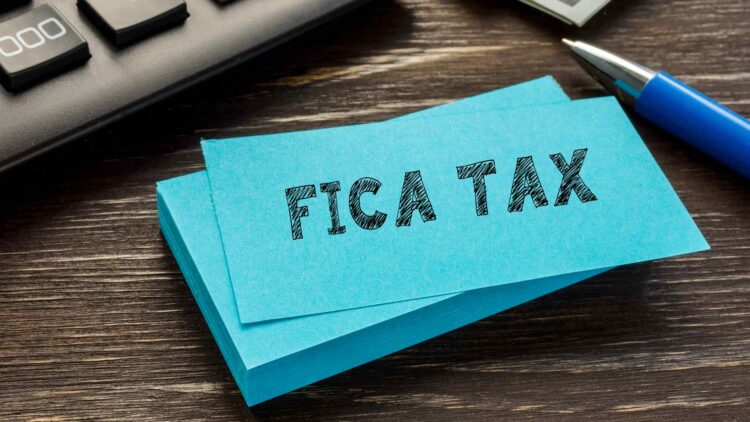Let us say you work hard every day, carefully plan all of your spending, buy things that are as cheap as possible, and try to save as much of your monthly salary as you can. And when the end of the month comes around and you get your money, bam! You can see that a certain percentage has magically went away.
Out of all the payments that are taken out, there is one word that many of us have heard but do not fully understand. Do not worry—we are talking about FICA.
These four letters may make you mad, but they serve a very important purpose for our future. We will explain what the FICA tax is in this article so that you can not only understand how it affects your pay, but also really understand how it helps your future.
What is the FICA tax?
It is required for all Americans to pay this tax, which stands for “Federal Insurance Contributions Act.” This tax pays for two very important programs in the country: Social Security and Medicare.
These programs protect health care and retirement income, not just for you and your future, but also for people who depend on them now.
How is the tax divided?
The money you contribute to this tax is divided as follows:
- 6.2% of your gross salary goes to a fund that pays monthly income to retirees, people with disabilities, and dependents of deceased workers, or Social Security.
- 1.45% of your gross salary goes to fund Medicare medical services for people over 65 and individuals with disabilities.
An extra 0.9% will be taken out of your income if you make more than $200,000 a year (or $250,000 if you file jointly) and pay Medicare.
In total, every American worker puts in 7.65% of their salary, and the company also puts in the same amount.
If you work for yourself, you will pay both of these percentages, which adds up to 15.3% (but you can write it off as a business expense, which is great!)
And can you save with the FICA tax?
The first thing you need to do is realize that FICA is not a cost, but an investment. After all, you want a program to help you retire, right? Because of this, all salaried workers and their employers have to pay it. When it comes to employers, they put in the same amount of money that you did. This way, the pension system is supported by everyone who works.

Are there any exceptions to this tax?
As with all taxes, there is a group of people who are still “free” from this one. For example, if you work for the place where you go to school (usually a university), you might not have to pay this tax.
If you work for an international government, like in a consulate, you will not have to pay this tax, though.
Lastly, religious groups can ask that this tax not be applied to them.
Why is the FICA so important?
Because, even though it costs all workers money, it is necessary to keep everyone healthy, and because of this system, millions of people are guaranteed a minimum wage and medical care when they need it most.
Besides that, it is your future in a few years. Millions of people in the US depend on this money, so we should not think of this small percentage as a cost. Instead, we should see it as a safety net, first for ourselves and then for our neighbors.
Also See:- Good news – if you were born on this date you can apply for 100% retirement – it’s official!















Leave a Reply